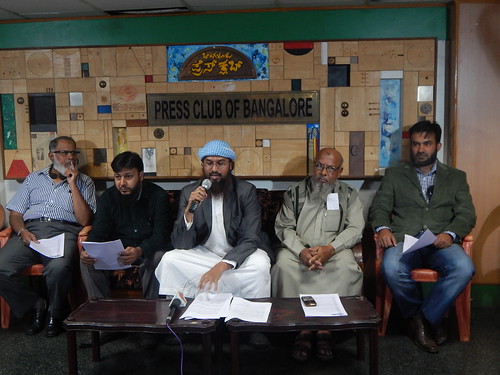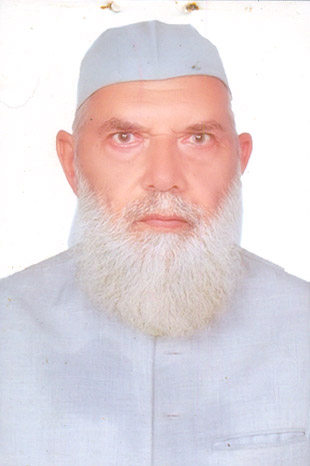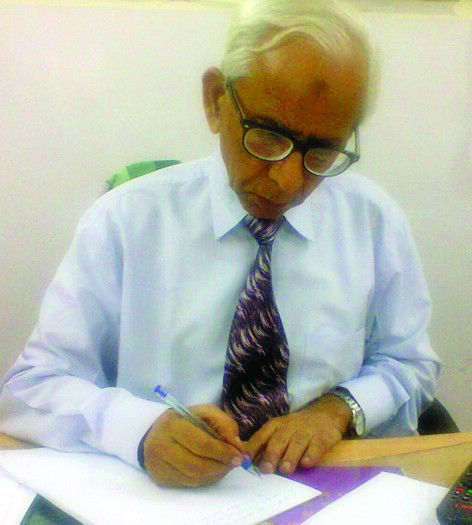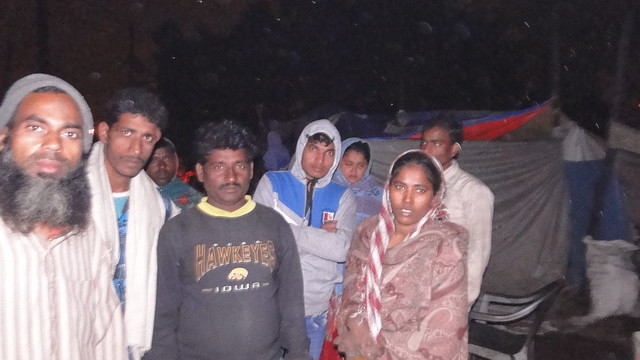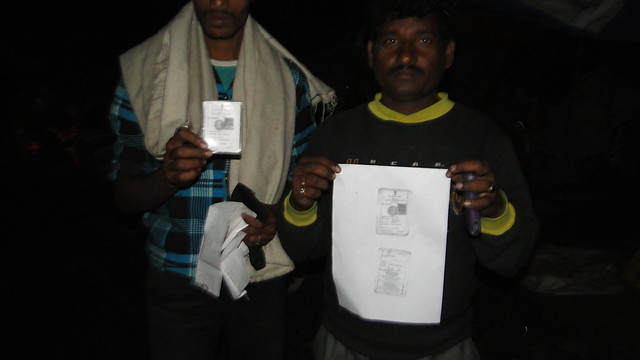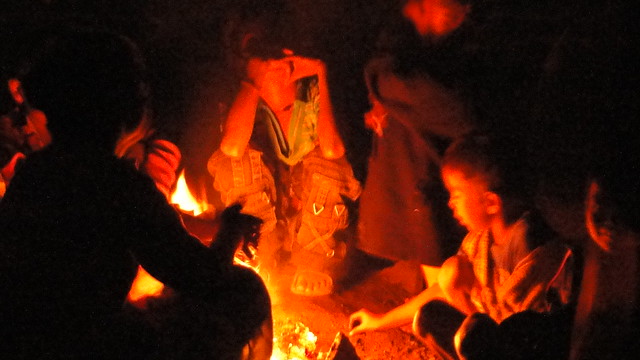By Saeed Naqvi, IANS,
The government of Akhilesh Yadav in UP has asked the battered Muslims of Muzaffarnagar to sign an affidavit:
“Myself and members of my family who have left our village and our homes due to violent incidents in our village, will not now return to our original village and home under any circumstance.”
This undertaking, sought by a government which lays a special claim on Muslims, has made Firaq Gorakhpuri’s famous couplet stand on its head.
“Palat rahey hain ghareeb ul
Watan, palatna tha
Who koocha rookash e jannat ho
Ghar hai ghar phri bhi.”
(Exile may have been the very picture of paradise, but please let us return because there is no place like home, after all)
In this affidavit, the Samajwadi Party (SP) government is demanding the Muslim refugees of Muzaffarnagar to forego their right to return, rather like the Palestinians. Many refugees worldwide do not return for a variety of reasons. But here the state is complicit in perpetuating the exile.
If the refugees commit themselves not to return home, they will be entitled to a cheque of Rs.5 lakhs, equivalent of about $8000.
There are other conditions for the recipient of the dole:
“The lumpsum financial help being given by the government will be used by me only to rehabilitate my family. With the help of this money, I will live with my family arranging for residence elsewhere (not in my village).” Returning home is taboo once the cheque has been accepted.
A further condition is:
“On receiving the lumpsum financial help amount, neither I nor any member of my family will demand any compensation relating to any damage to any immovable property in my village or elsewhere.”
The implication is that any property left behind in the village can be vandalized or occupied by those who have pushed out the Muslims from their respective villages. But these Muslims will forfeit the right to complain about their properties being vandalized or occupied once they have received the Rs.5 Lakh cheque. Brilliant governance.
One would have expected the state government to send the refugees back to the homes they had fled during the riots. True, they have gone through horrible experiences. They have seen their relatives killed, their wives and daughters raped. They are therefore afraid returning to their villages unless the state can ensure their security. In normal times this was supposed to be the duty of the state. But the Samajwadi party appears to be evolving a new pattern of institutionalized apartheid as a means of managing the fallout from communal riots.
Who knows, the UP government may have embarked on an imitable model. If the majority community in a village has grown tired of that profaned term “composite” culture, all it has to do is to riot on a massive scale and drive out the minority into make shift refugee camps. The SP officials will show up cash-in-hand and ensure that the minority never returns to the homes it has abandoned.
The majority will now have a homogenous population in the villages. If the uprooted minority, Rs.5 Lakhs in hand, mutate and become the new banjaras or gypsies, so be it. If they settle in blocs of newly constructed shacks, they will be easy targets for arson as well as for votes.
It is also possible that the state government is not being as cynical as it may appear to be. It possibly has collaborators among the Muslim clergy.
Muzaffarnagar is close to Deoband, the largest Muslim seminary in the subcontinent. Maulana Arshad Madani and his disciples have shouldered a great deal of the responsibility of the riot victims still in the camps. The government in Lucknow has done little to help.
Why should a government which imagines the Muslims are its vote bank, not be energetically helping them in their distress? For two reasons: it would not like to be seen by the majority community to be reaching out to Muslims. In an atmosphere so polarized, supposing mischievous elements scream “appeasement”, that word will resonate statewise. It is not totally rational but that is the state of funk in which all parties are fighting these elections, except perhaps the three ladies - Mayawati, Jayalalithaa and Mamata.
Handing Rs.5 lakh to Muslim refugees and encouraging them to take the road, is Mulayam’s way of playing both sides:
“Shaikh bhi khush rahey
Shaitan bhi naraaz na ho”
Which means that the “Shaikh should be pleased but Satan should not be displeased either”.
Well, the Shaikh of Deoband is actually playing ball with Mulayam. He is advertising the cheque as a boon for the Muslims of nine villages of Shamli and Muzaffarnagar. The political quid pro quo is simple: the clergy gets the credit for having extracted the boon from the SP government and thereby hopes to tighten its grip on the community. A rattled SP expects Deoband to help it win back the Muslim votes.
The Deoband School considers the separation of poor Muslim families, a minority in many villages, from the prosperous Jat majority an outcome to be desired. Why? Because wives and daughters of the extremely poor Muslims are exposed to sexual exploitation by the rich.
Will they not be so exploited as gypsies or in new settlements they know nothing about?
From the great secular fraternity, the silence on Muzaffarnagar has been deafening. Some weeks ago the CPM organized a Convention against Communalism at Delhi’s Talkatora stadium. The hall was full of SP volunteers wearing red caps. No sooner had Mulayam spoken than the red caps left. Only the CPI’s A.B. Bardhan urged Mulayam to arrange for the return of the refugees. Mulayam winced.
The only party with friends in Muzaffarnagar and which is campaigning for the refugee’s return is an unexpected one: Communist Party of India (Marxist-Leninist).
Where does the Congress stand on the issue of the return of the refugees?
(15.11.2013 - A senior commentator on political and diplomatic affairs, Saeed Naqvi can be reached on saeed.naqvi@hotmail.com. The views expressed are personal.)
